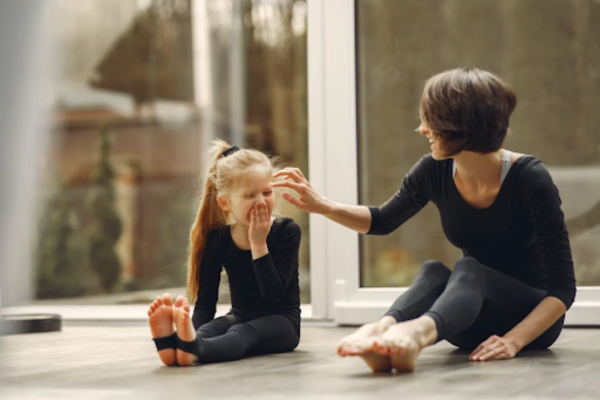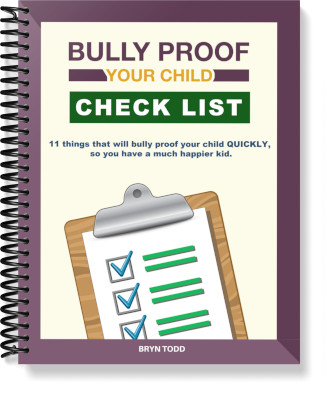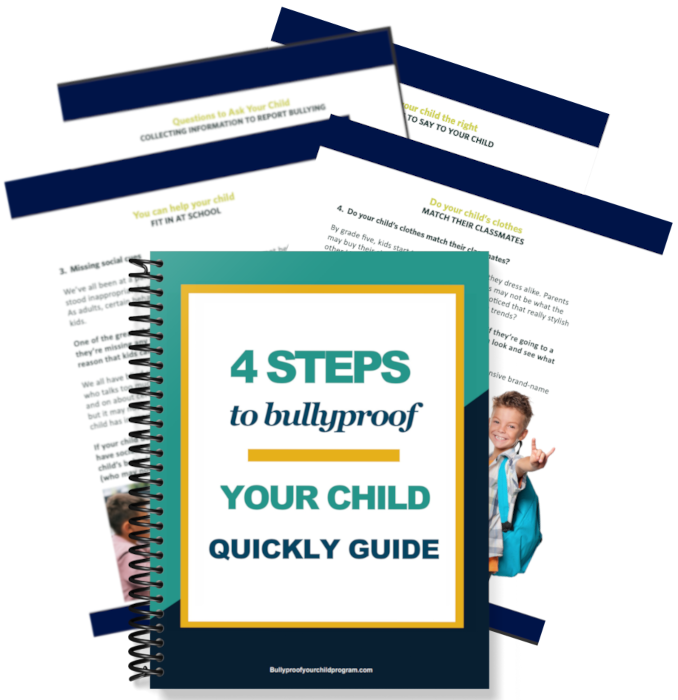
Why kids get teased
Our children often experience teasing as they grow up. It can make them feel hurt and self-conscious, possibly affecting their self-esteem. As parents, we must understand the reasons behind this and help find ways to handle these challenges. We hold our children’s emotional well-being dearly, and being there for them during these times is paramount.
Reasons why some kids get made fun of at school
Our children face various reasons why they may be teased at school. Let’s explore some of these common situations:
- Physical attributes
Our children are frequently teased for looking different. This includes factors like their height, weight, fashion, and hairstyle.
- Behaviour
Our kids’ actions can also attract attention. Being extroverted, introverted, bright, or slow often leads to teasing.
- Social status
Most of our kids who aren’t as famous as the others are also often teased. Some of these situations are being a new student, not having many friends, and not fitting in.

- Family background
It’s amazing that our kids come from various cultures, but it can make them easy targets for teasing. This includes things like their accent, favourite foods, family income, and level of schooling.
Teasing allows kids to assert themselves or fit in with their friends. However, it’s important to stress that this doesn’t excuse the behavior. As parents, we must teach our children that teasing is hurtful and should never be okay. Our goal is to help them become kind and respectful individuals.
Your child will get made fun of for the most obvious thing about them.
Children sometimes tease each other because they notice some clear distinctions. It’s something we should be aware of and address appropriately.
As parents, we need to understand what our children might face so we can guide and support them through it. Some kids don’t know how to handle teasing. Teaching our kids how to respond to teasing can help them feel stronger and stop it from happening again.

If you want to help your child with these skills and handle teasing confidently, check out our bundle called “Verbal Self Defense for Kids Made Easy.”
Building your child’s confidence
Helping your child feel confident is an essential part of being a parent. Here are some simple ways to help our child feel confident and secure:
Promoting Self- Esteem
It’s imperative to help our children feel good about themselves as they grow up. Here are some ways to help your child feel loved and supported while boosting their self-esteem:
Encourage Positive Affirmations: Tell your child to say nice things to themselves. Give them regular words of support and praise for what they’ve done well.
1. Celebrate their strengths: Highlight what they do well and what makes them unique. Focus on the importance of working hard and keeping going instead of just focusing on the result.
2. Promote Independence: Give them responsibilities by letting your child make decisions and choices that are right for their age. This gives them a feeling of independence and helps them feel good about themselves.
3. Encourage them to try new things: When you gently lead children toward new situations, they can learn much about themselves. Remember that these brave attempts help kids learn to be strong, open their minds, and reach their full potential.
Encouraging Resilience
Resilience means being able to bounce back from setbacks. Here are some ways to help your child become more resilient:
1. Help them learn problem-solving: Support them in finding solutions instead of doing everything for them. This helps them handle challenges on their own.
2. Encourage them to persevere: Help them develop a mindset open to challenges and see mistakes as chances to learn and grow. Teaching them how hard they work is more important than how smart they are.
3. Be a role model for your child: Live your life with self-confidence, self-compassion, and a good sense of self-worth your child can admire. Children often learn from what others do.

4. Encourage a growth mindset in your child: If you want your child to have a growth mindset, tell them how significant effort and hard work are. This can help them see mistakes as chances to learn and get better.
Remember that we, parents, have the power to help our children feel good about themselves. And make them strong enough when facing challenges in school and life.
Teach your child to stand up for themselves and others
As parents, we care a lot about our kids’ well-being, and we need to give them the tools they need to deal with hard things like bullying and teasing.
Your child needs to feel like they can stand up for themselves and others when bullied or teased. Help them find their voice in challenging situations by teaching them the value of solid communication.
Also, tell your child to be a kind and helpful friend to people who might be mistreated. As parents, we can teach our kids to care about and value others. With these traits, they can have good relationships with their friends.
More posts you might like
- What nobody ever tells parents about bullying
- 7 Ways to boost your child’s confidence quickly
- Why parents need to be an advocate for their bullied child
Creating a safe environment at home
To help your child deal with teasing and bullying, you must make your home safe and caring. Here’s what we parents can do to help create this kind of environment:
Establish clear rules
As parents, it’s vital that we set clear rules and standards for our kids so that they can feel safe at home. We should make sure that everyone in the family knows what is and is not okay to do. Set clear rules for how to act respectfully and talk to each other in the family.

Provide emotional support when your child is made fun of
As caring parents, we must always be there for our children when they’re hurt by someone teasing them. Listen attentively when they want to share what happened. By supporting our child with warmth and care, we can help them with their problems and strengthen our trust.
Encourage positive relationships
Fostering healthy and positive friendships and relationships in your child’s life is essential. Help them understand the value of kindness, empathy, and respect in their interactions with others. By nurturing these positive connections, you’re helping your child build a strong foundation for their social and emotional well-being.



